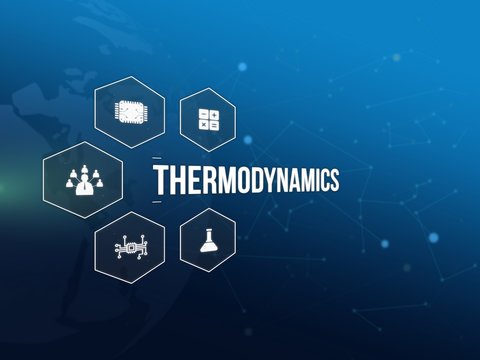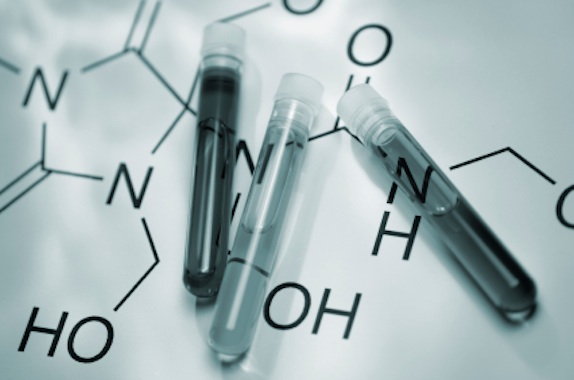TEACHING
THERMODYMANICS
Thermodynamics is an important basic engineering course where concepts such as systems, boundaries, mass, heat, work and energy are introduced. These concepts are then related using the 1st and 2nd Laws of Thermodynamics. In this course, properties of common substances such as water, air and general working fluids are introduced using property tables and basic state equations. These concepts are applied in many engineering equipment, basic refrigeration and power cycles. Such basic concepts are vital because they formed the fundamentals for future chemical engineering courses.
STATICS
This course introduces students to the basic principles and concepts in mechanics. It will deal with the resultant and resolution of force(s) acting on a particle, the equilibrium of a particle, the effect of force(s) on a rigid body, how to replace a force system with equivalent system and the equilibrium of rigid body. This course also includes the determination of centroid, analysis of structure and friction. At the end of the course, students should be able to demonstrate and apply the knowledge for solving various engineering problems.
CHEMICAL REACTION ENGINEERING
This course introduces students to chemical reactor design and theories in the area of chemical reaction engineering with emphasis on homogeneous and heterogeneous reactions. It will examine some problems related to multiple reactions, isothermal and non-isothermal operations.




